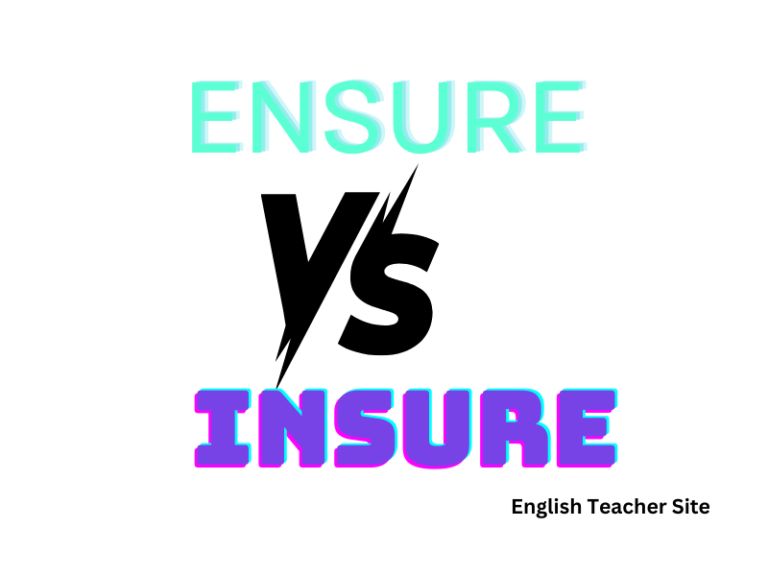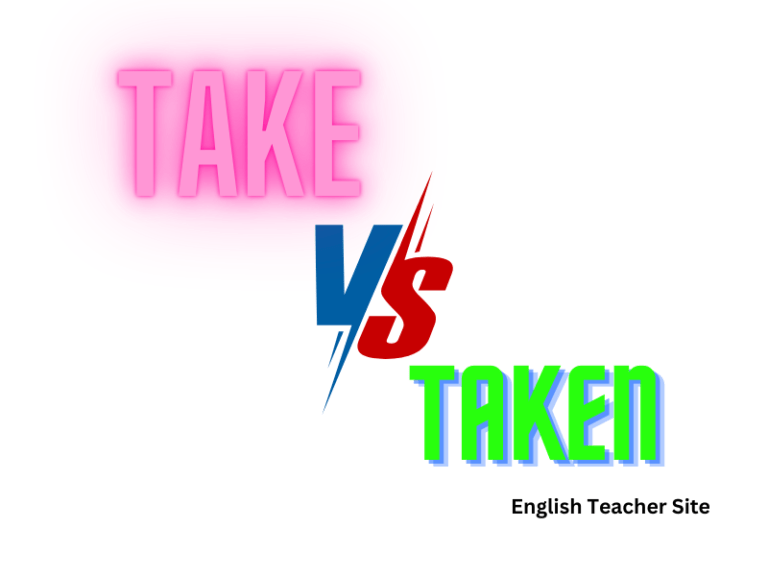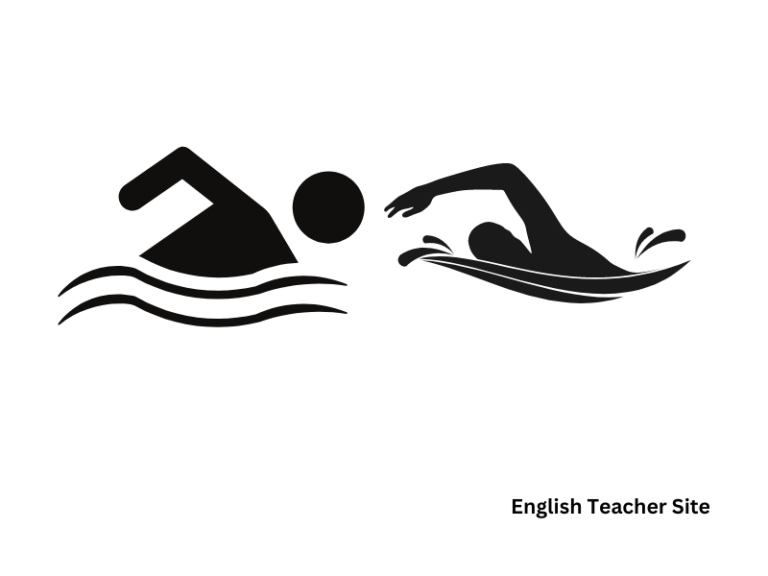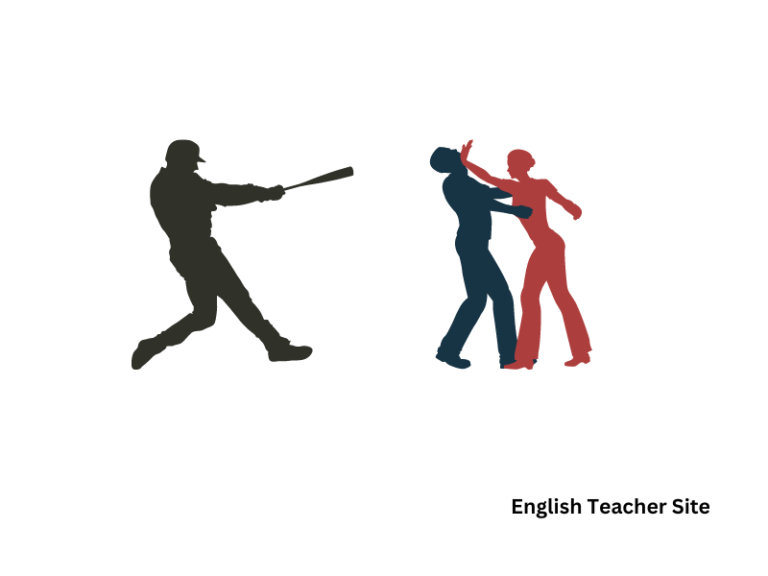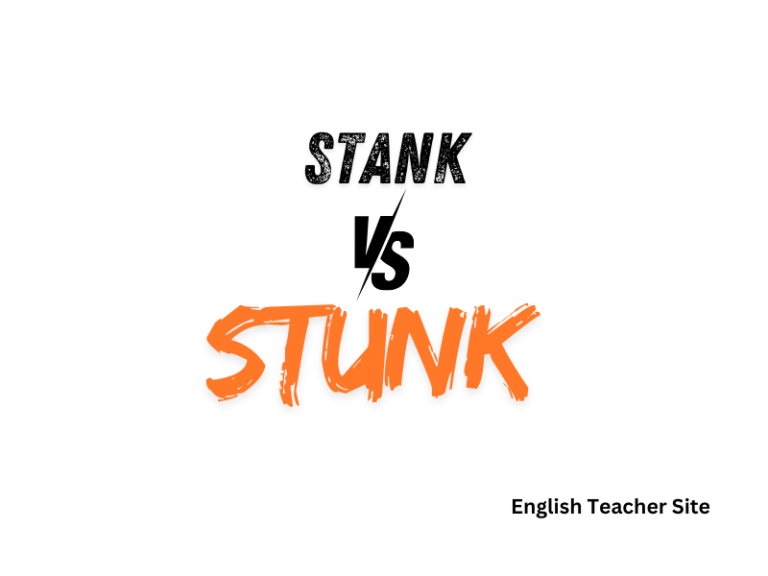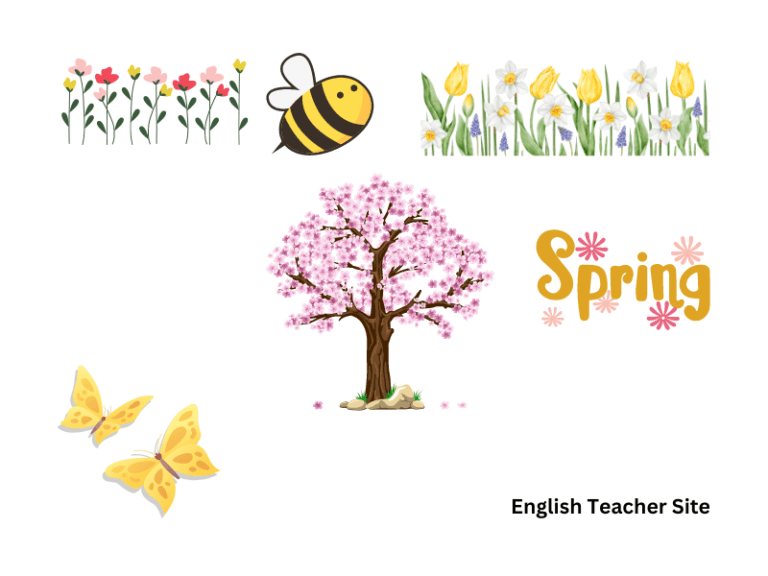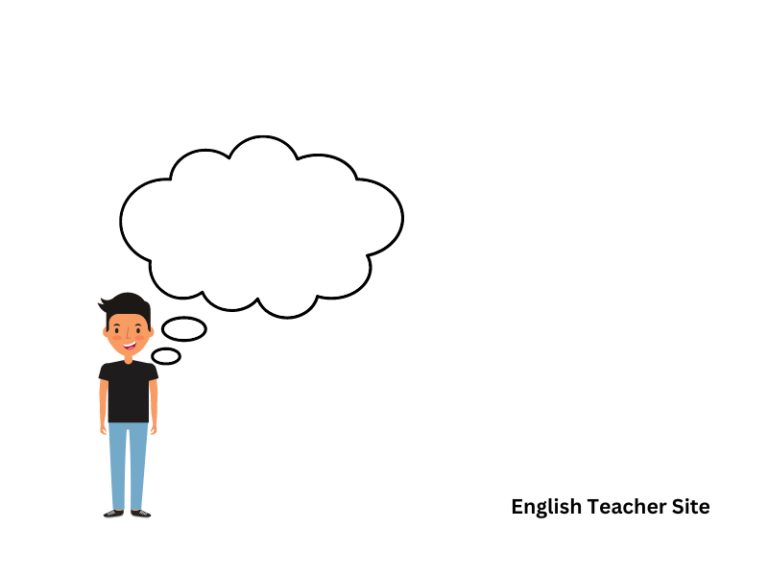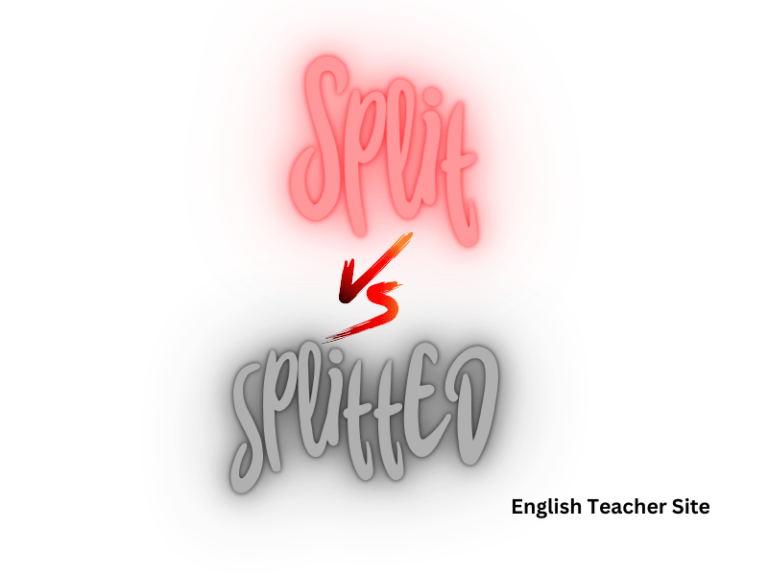To Shine: Is It Shined or Shone? Understanding Past Tense Variations
The verb “to shine” can take on different meanings depending on the context, altering which past tense form should be applied. “Shined” is generally used when the action is being performed on an object, often seen in sentences involving an act of polishing or giving luster. Conversely, “shone” is typically used when the action does…


